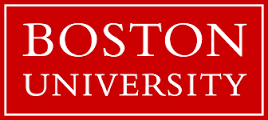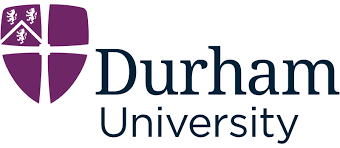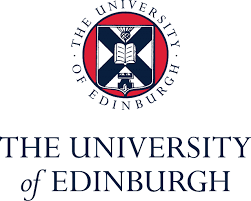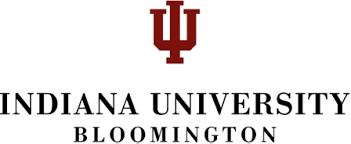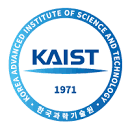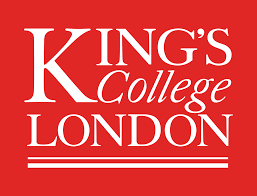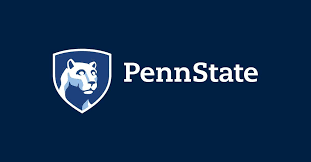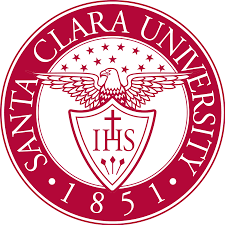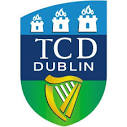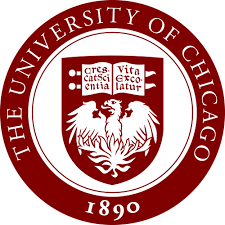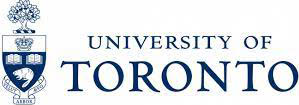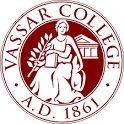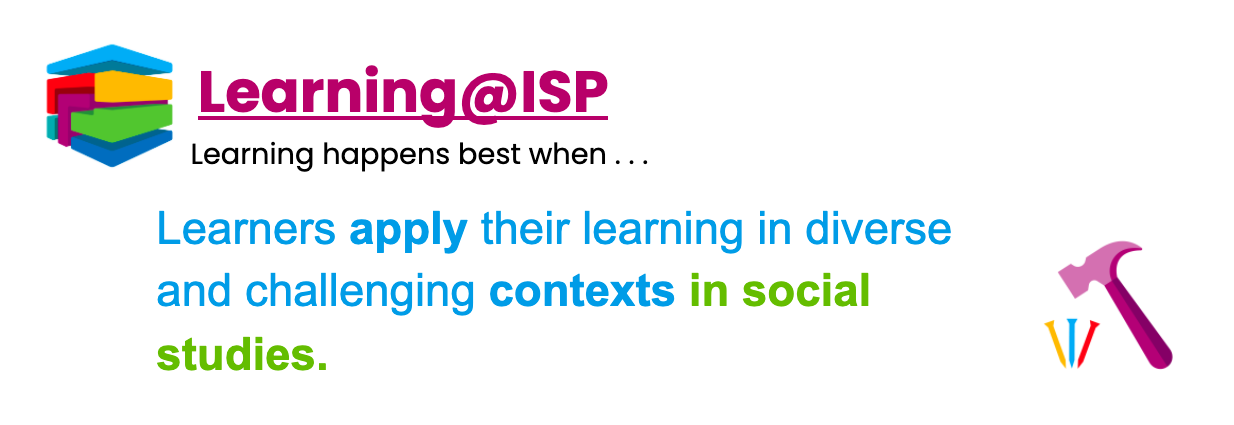
At ISP, our ultimate goal is that students gain depth of understanding and expertise in skills they can easily transfer to any situation they encounter, now and in the future. Learning in the social sciences (history, geography, economics, etc.) is a key area where we develop the capacity to think critically and creatively while applying key concepts and skills to relevant contexts. Here are a few glimpses into how this was happening with ISP social scientists in Middle School and Upper School this week.
Grade 6: Cause and Consequence in Czech History
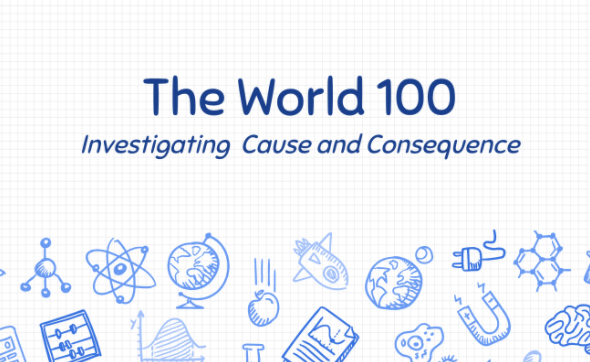
Grade 6 students are honing their research skills of locating and paraphrasing key ideas from informational texts while deepening their understanding of causality. Engaged with the “World 100” challenge, they looked at significant events in Czech history during the decades of the past century. They then selected a significant event to research and figure out:
What happened during the event and why was it significant?
What was a cause for this event?
What were the consequences of the event?
Students will then share their learning so we collectively better understand our host country.
Grade 8: Curator Challenge
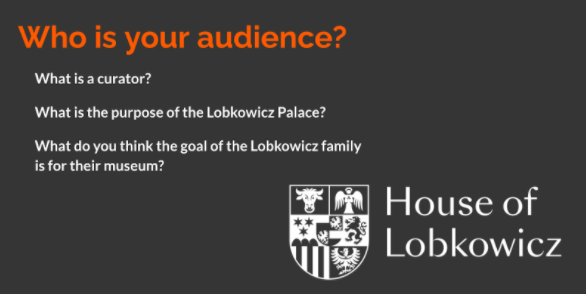
A tradition here at ISP, the Curator Challenge includes guidance and inspiration by expert curators of the Lobkowicz Palace. Grade 8 students enjoy accessing and studying artifacts from the Lobkowicz collection. This challenge requires learners to be historians, storytellers, designers and communicators. Students not only practice the critical thinking of historians, figuring out the what, where and why of the artifacts, but they then go further to take on the curatorial role of telling that story in an appealing and accurate way. How fortunate for our learners to deepen their understanding of Czech and European history while applying their skills and understanding in this authentic situation alongside expert curators.
Grade 11 Psychology: Culture, Crashes and COVID
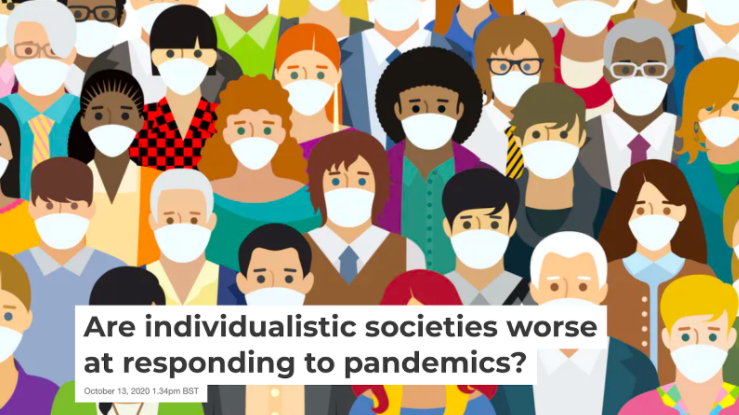
Students studying Psychology were thinking critically about key cultural dimensions and how they may influence our behavior. Responding to scenarios (such as recommending an international school to a family) as psychologists, learners justified their responses with sound reasoning, based on Hofstede’s cultural dimensions. Applying key concepts and critical thinking skills, learners justified how cultural and societal norms might play a role in questions of health and safety when examining examples of airplane crashes and how different countries have responded to COVID.
Grade 11 Economics: Elastic Big Macs?
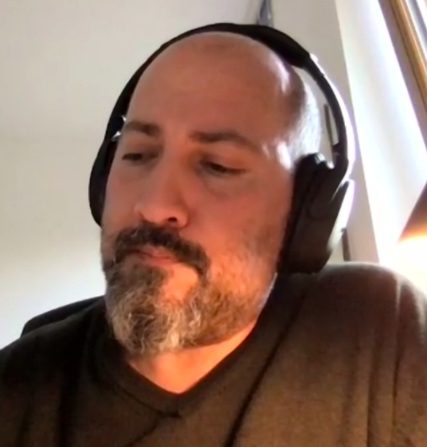
Who knew that Price Elasticity of Demand (PED) could be so intriguing? Economics students were very engaged as they justified how “elastic” Big Macs, rock concerts, salt and pizza are, applying their understanding of this key economic concept topics to which they could easily relate. As in all our Social Science classes, the focus isn’t on getting the one right answer, but justifying the conclusions you’re drawing with sound reasoning and relevant evidence.
As our Definition of Learning states, Learning is a transformative process that builds on what we know and can do, deepens what we understand and changes who we are. Learners can demonstrate their current understanding and skill proficiency by applying it in different situations.
We are thrilled to see so many of our young social scientists applying their learning in relevant and varied contexts.
